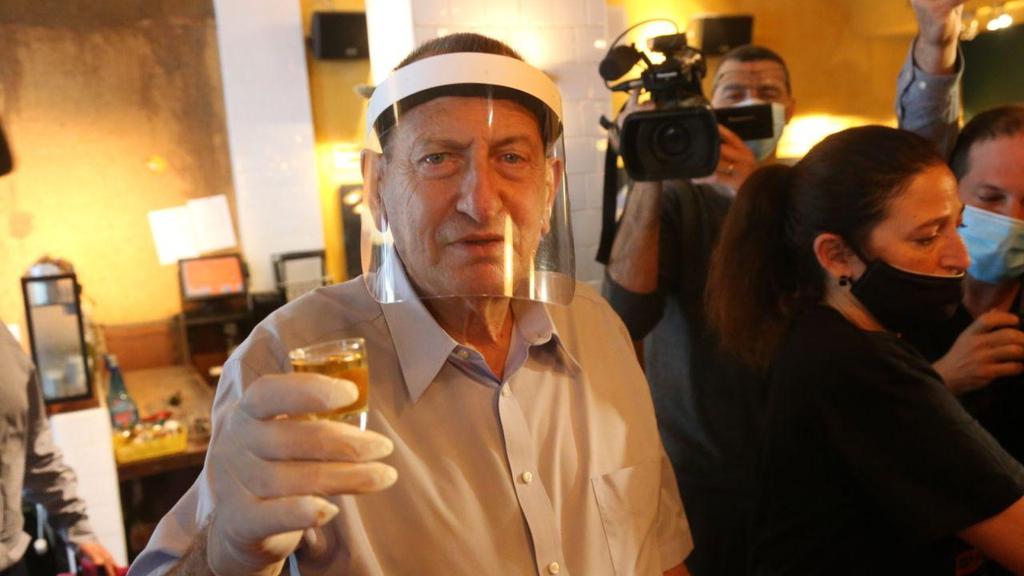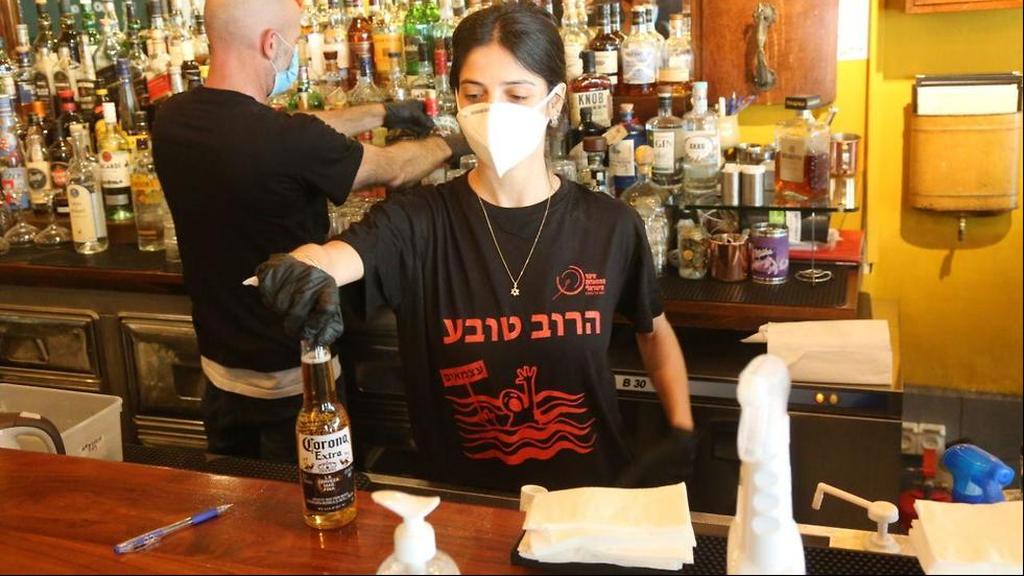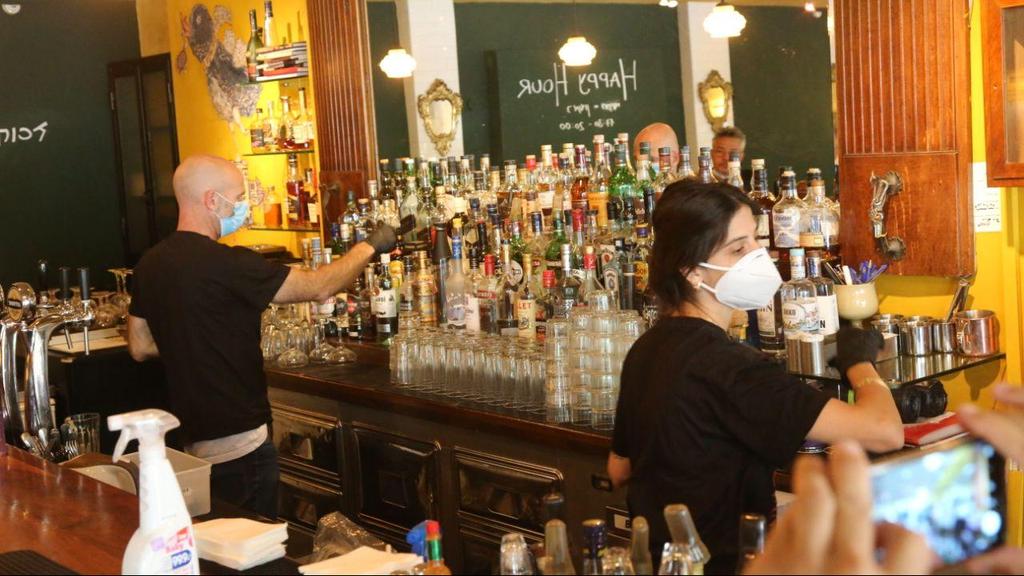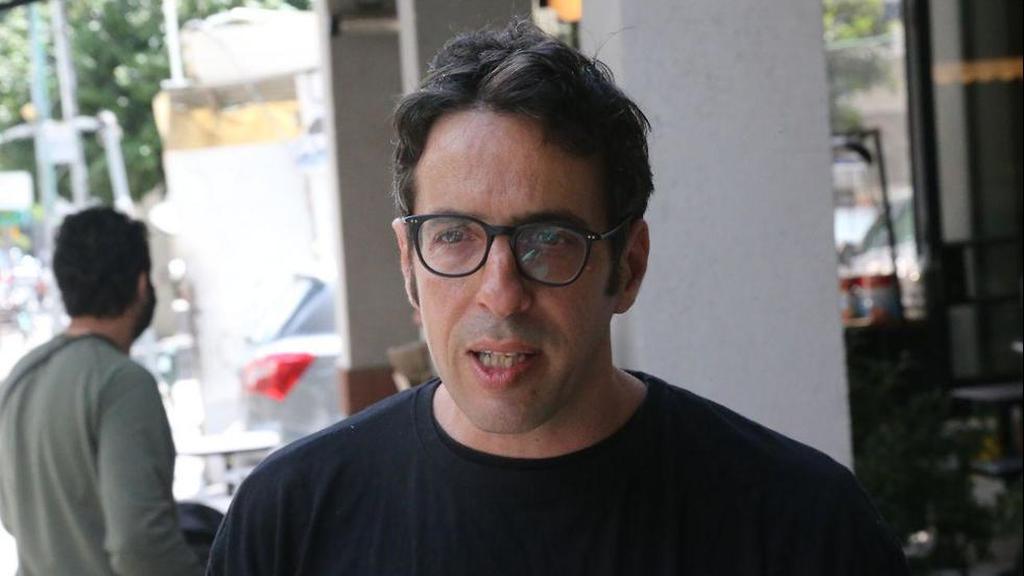Getting your Trinity Audio player ready...
Tel Aviv prepares to reopen most of its restaurants and cafes by the end of next week, according to an outline proposed Wednesday by the city's municipality and the National Restaurant Association.
Prime Minister Benjamin Netanyahu on Monday announced further lifting of coronavirus restrictions, some of which have already began taking effect, but did not give a date to when restaurants and cafes will be able to reopen, saying only that full-service food business will be allowed to reopen by the end of May at the earliest.
The outline, which is meant to save the industry from a financial collapse, implies that business can adhere to current health guidelines by disinfecting kitchens, bars, stock rooms, service counters, and dining areas.
A two-meter distance between each table would be maintained, in line with the Health Ministry regulations, and each table and chairs would have to be disinfected in-between each customer.
Businesses would also be required to place antiseptic gels at the entrance to the restaurant as well as on each table.
5 View gallery
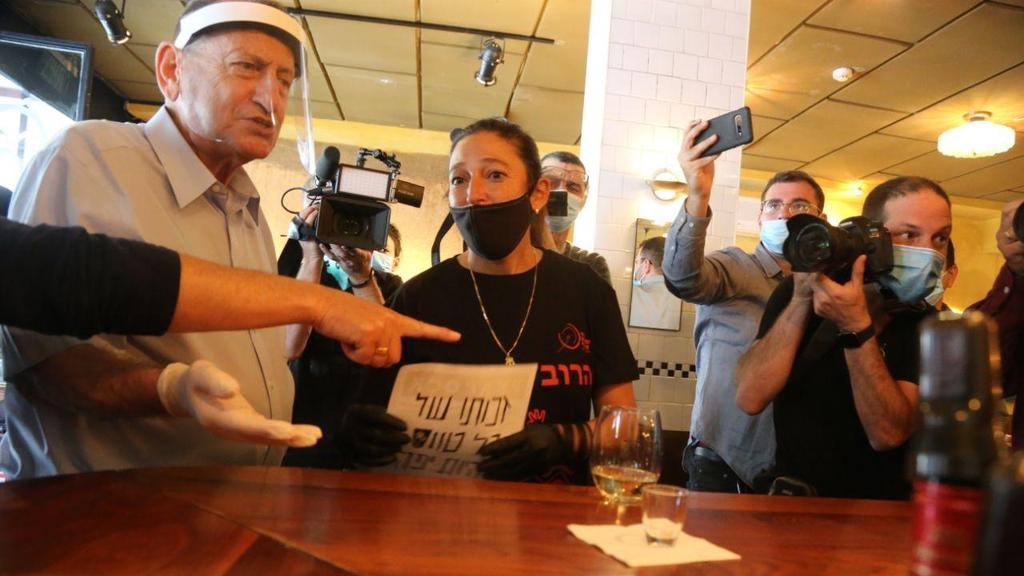

Tel Aviv's Mayor, Ron Huldai, and the owner of the Peacock pub Lilach Sapir
(Photo: Moti Kimchi)
Employees' temperature would be monitored regularly and waiting staff would be required to wear gloves and masks, while maintaining their distance from the customers.
There are approximately 2,500 restaurants, cafes, and bars in Tel Aviv, employing well over 70,000 people. The municipality hopes the proposed outline would allow businesses to return to work while adhering fully to health and emergency regulations.
Tel Aviv Mayor Ron Huldai said he would not be waiting for instructions from the government."I think that with the data we have [on the virus], Israel needs to bring the economy back. I hope things will pan out and we will be able to move on with our lives.
“I do not decide when things will reopen," the mayor added, "that is up to the government but when we show that there are solutions, we can give confidence to decision-makers.”
Lilach Sapir, the owner of the Peacock Pub, and the "Mini Bar" restaurant in Tel Aviv, said that reopening restaurants and bars is good for morale. “It will bring back the sanity to the State of Israel in general and Tel Aviv in particular.”
According to Sapir, restaurants are much more likely to follow health regulations than customers who use take away services. “We would determine how our customers behave when they come in."
Shai Berman, director of the National Restaurant Association, said their outline emphasizes the need to adhere to health regulations while ensure a feasible business model
"Restaurants and bars cannot operate at 50 percent [capacity]or less," he said. “The state deceived us. We met all the criteria they asked for and were betrayed. We see IKEA, malls, and gyms reopening, so we don’t understand why we are kept closed."
Meanwhile, on Wednesday the Federation of Local Authorities announced its own plan to reopen restaurants and cafes.
According to the initiative, local authorities will refrain from imposing fines on restaurants and cafes that will set tables and chairs in the open public space without a permit and will reduce the cost to those who already have the relevant license.
Head of The Federation of Local Authorities Haim Bibas, and the Chairman of the Regional Council Center Shai Hajaj, wrote a letter to Prime Minister Benjamin Netanyahu, explaining the severity of the situation.
“One of the industries that are at a very high risk of collapse these days is the restaurant industry and the cafes. We know half of the restaurants' requests credit from banks and were refused...this is a vital public service that, if damaged, will take years to rebuild."


